Harlow man found guilty of murdering his friend and cutting up his body
- Published
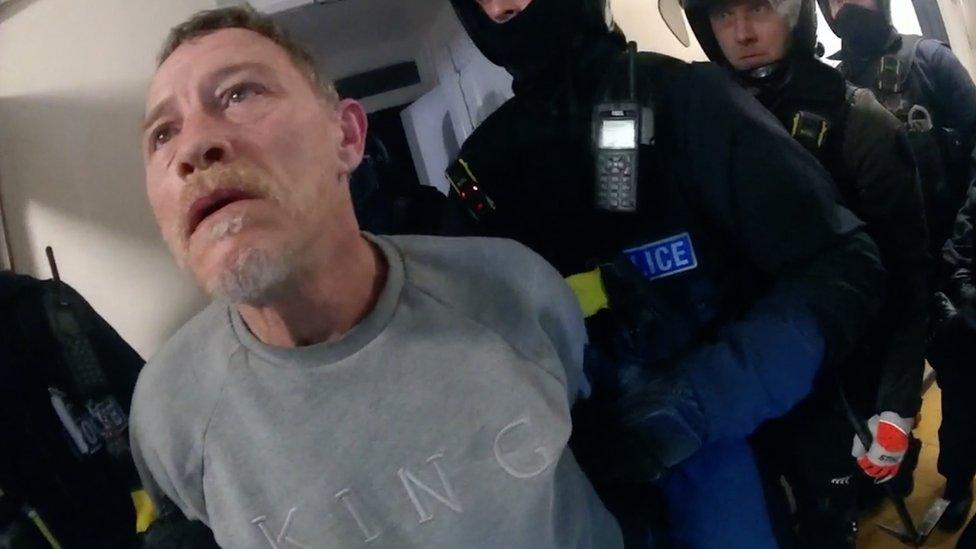
Lee Clarke used his local knowledge to try and hide the body parts of his friend, police said
A man who killed his friend and cut up his body with power tools has been found guilty of murder.
Lee Clarke, 56, of Wedhey, Harlow, went on to discard Phillip Lewis' body parts in two ponds in Harlow, Essex, in 2022, Chelmsford Crown Court heard.
Blood and human tissue from Mr Lewis, who was 59 years old and homeless, was found in several rooms of Clarke's sixth-floor flat in the town.
Clarke is due to be sentenced on Tuesday.
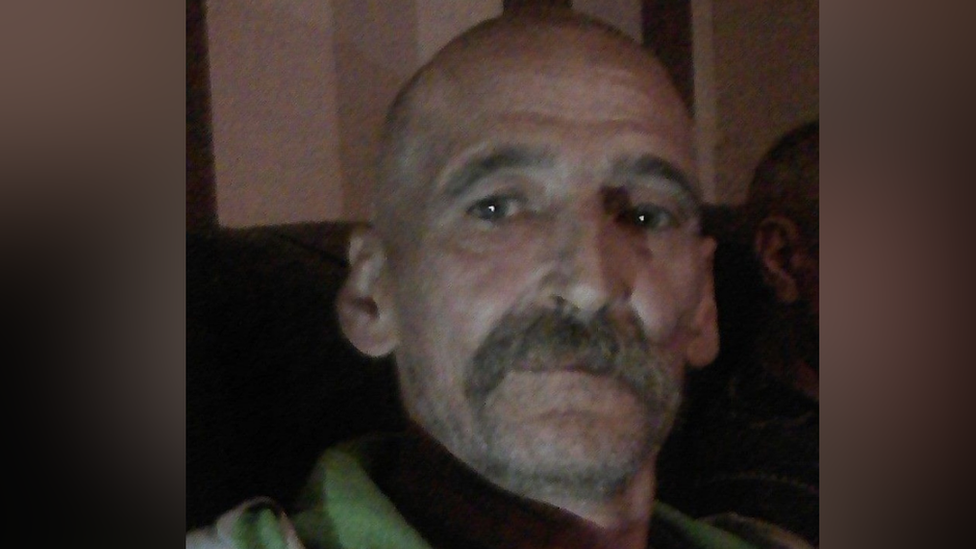
Phillip Lewis had been staying with his friend before he was murdered, the court heard
Warning: Article contains distressing detail
The trial heard how Mr Lewis had not been seen since 12 November 2022, although he had not been reported missing.
Mr Lewis and Clarke were part of a community who "regularly drank and took drugs" in the town centre, and Mr Lewis had spent several nights staying at the defendant's flat, the court heard.
His body parts were found at two different locations.
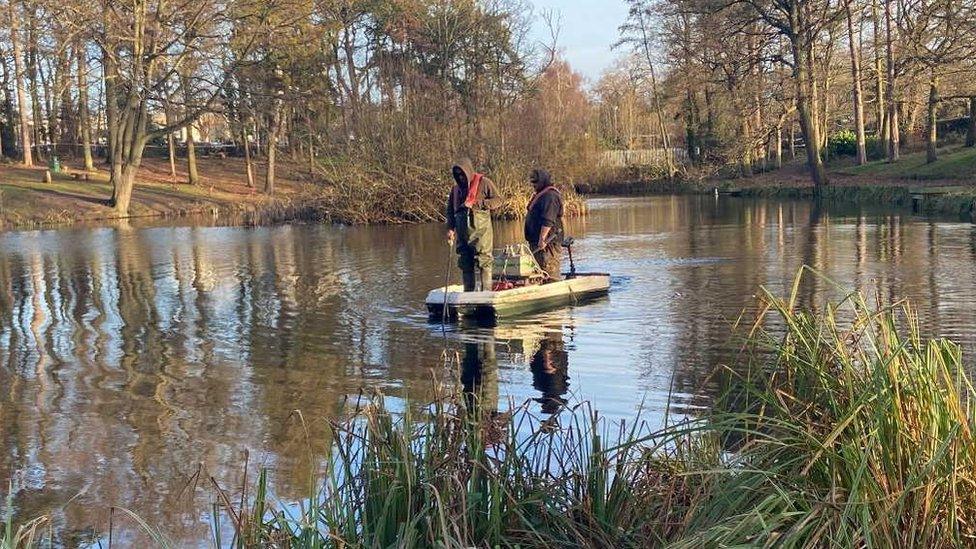
Specialist police officers searched Oakwood Pond
A dog walker saw a spine and part of a torso in Oakwood Pond on New Year's Eve, and the body parts were later linked to Mr Lewis.
Mr Lewis' heart, lungs and a headless right-side of his torso were found during further police searches that also spanned Netteswell Pond, about a mile east of Oakwood Pond.
Louis Mably KC, prosecuting, previously told jurors that Mr Lewis' head, upper thighs and upper arms have never been found.
He said "a power tool or several power tools" were used to cut through the bones.
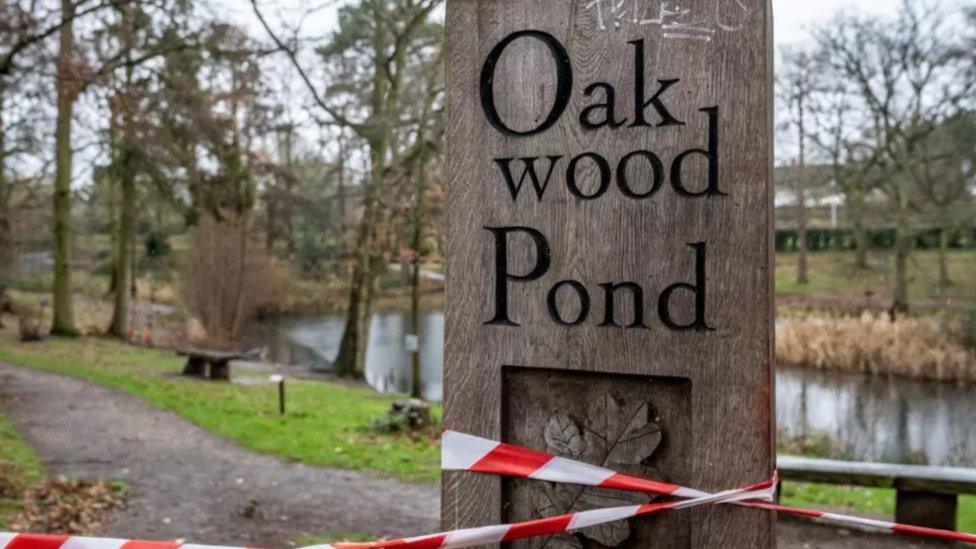
A dog walker saw body parts floating on the surface of Oakwood Pond, close to the Princess Alexandra Hospital in Harlow
On 4 January 2023, officers visited Clarke's flat and found Mr Lewis' blood in the living room, bathroom, on a tray, coffee table, washing machine and a refrigerator.
During a previous cross-examination, Clarke told the jury he punched a mirror and Mr Lewis cut himself on it while helping to clear up.
When he was asked why Mr Lewis' blood was in the bathroom, Clarke said: "I have no idea. I found a spoon in there. I suspect he was injecting heroin."
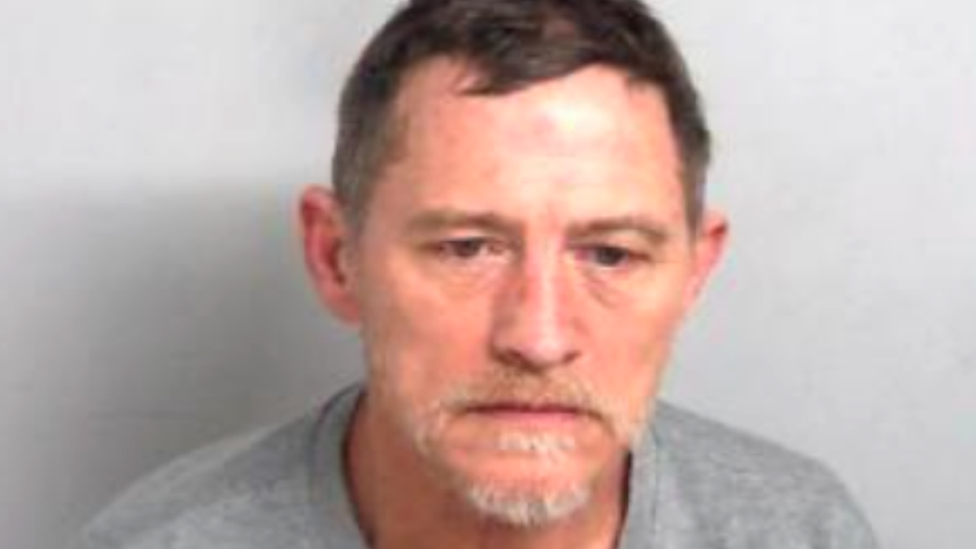
Lee Clarke was found guilty of murdering his friend, Phillip Lewis
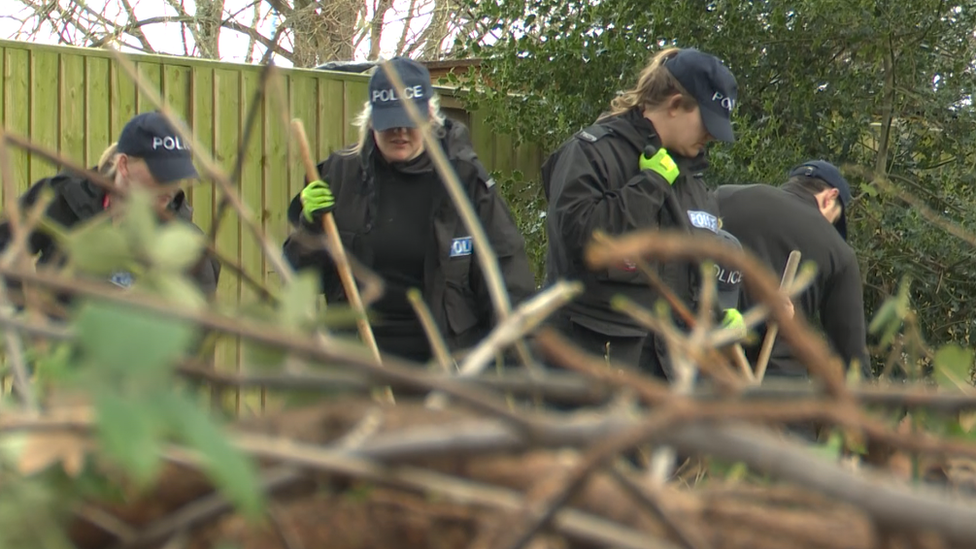
Lee Clarke, a friend of Phillip Lewis, was found guilty of this murder
But Mr Mably said: "The real reason for that blood was you had killed Phillip Lewis in your flat.
"You had stabbed him with a screwdriver and cut up the body... so you could get it out your flat and then, using your local knowledge, you dumped it in local ponds."
Talking after the verdict, Det Sup Rob Kirby said: "Once Phil had been identified, detectives were able to carry out inquiries, including phone network analysis to establish when Phil had gone missing and determine when he was killed.
"Based off this, it's believed that Phil was killed on 12 November."
He added that the trial had proven Clarke to be a "killer and a coward".
"Despite being arrested over a year ago, Clarke has refused to tell anyone why he killed Phil," he said.
"He has also refused to disclose where he disposed of the rest of Phil's body, which has added to the suffering inflicted on Phil's family."

Follow East of England news on Facebook, external, Instagram, external and X, external. Got a story? Email eastofenglandnews@bbc.co.uk, external or WhatsApp 0800 169 1830